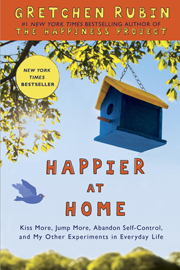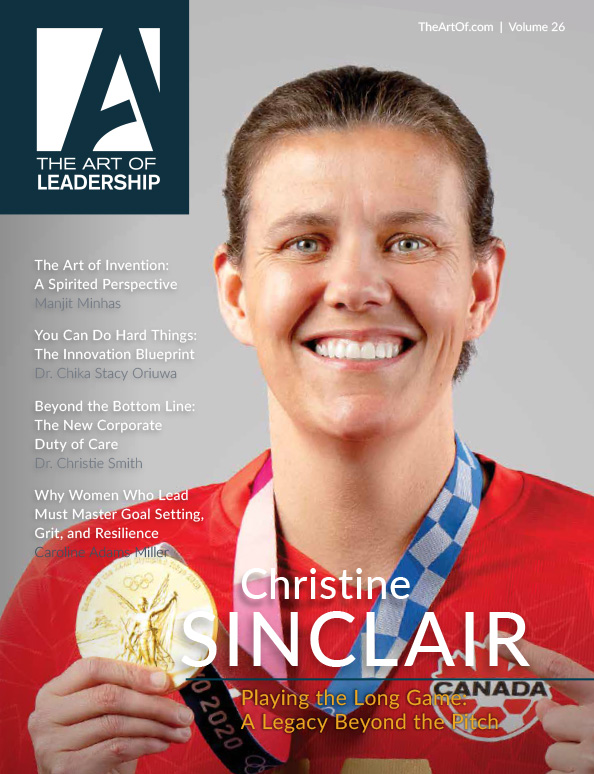Happier at Home: Kiss More, Jump More, Abandon Self-Control, and My Other Experiments in Everyday Life

In the spirit of her blockbuster #1 New York Times bestseller The Happiness Project, Gretchen Rubin embarks on a new project to make home a happier place.
One Sunday afternoon, as she unloaded the dishwasher, Gretchen Rubin felt hit by a wave of homesickness. Homesick—why? She was standing right in her own kitchen. She felt homesick, she realized, with love for home itself. “Of all the elements of a happy life,” she thought, “my home is the most important.” In a flash, she decided to undertake a new happiness project, and this time, to focus on home.
And what did she want from her home? A place that calmed her, and energized her. A place that, by making her feel safe, would free her to take risks. Also, while Rubin wanted to be happier at home, she wanted to appreciate how much happiness was there already.
So, starting in September (the new January), Rubin dedicated a school year—September through May—to making her home a place of greater simplicity, comfort, and love.
In The Happiness Project, she worked out general theories of happiness. Here she goes deeper on factors that matter for home, such as possessions, marriage, time, and parenthood. How can she control the cubicle in her pocket? How might she spotlight her family’s treasured possessions? And it really was time to replace that dud toaster.
Each month, Rubin tackles a different theme as she experiments with concrete, manageable resolutions—and this time, she coaxes her family to try some resolutions, as well.
With her signature blend of memoir, science, philosophy, and experimentation, Rubin’s passion for her subject jumps off the page, and reading just a few chapters of this book will inspire readers to find more happiness in their own lives.





Have you read Happier at Home: Kiss More, Jump More, Abandon Self-Control, and My Other Experiments in Everyday Life? What did you think?